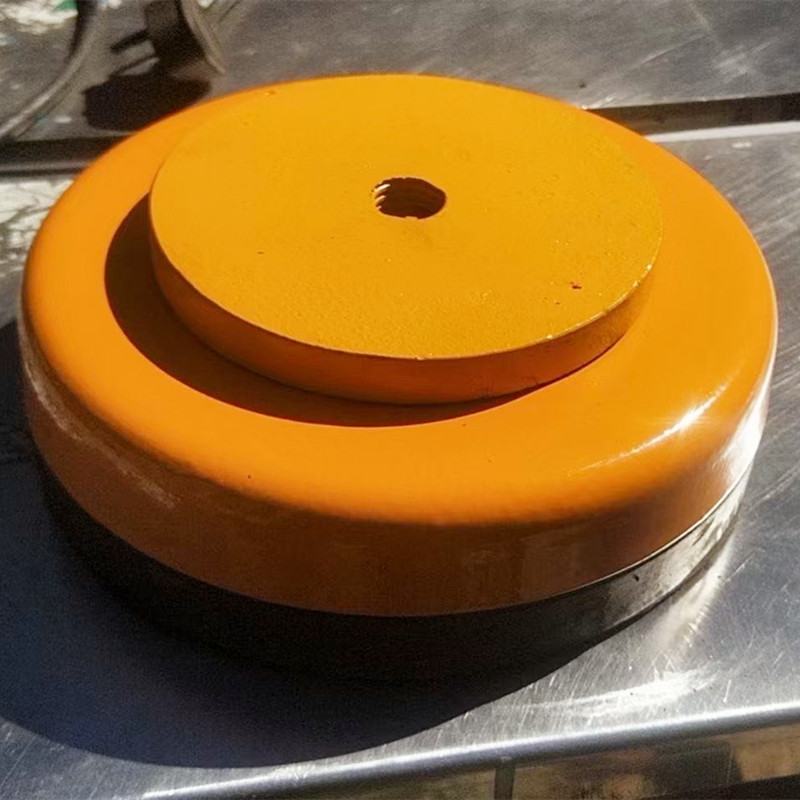Nov . 01, 2024 02:55 Back to list
Understanding the Functionality and Benefits of Pressure Check Valves in Fluid Systems
The Importance of Pressure Check Valves in Industrial Applications
Pressure check valves, also known as non-return valves or check valves, play a crucial role in various industrial applications by ensuring that fluids flow in one direction while preventing backflow. This simple mechanism is vital in maintaining the integrity and efficiency of systems that handle liquids and gases.
Check valves are designed to open and close automatically, depending on the pressure of the fluid flowing through them. When the pressure from the upstream side exceeds that on the downstream side, the valve opens, allowing flow through the system. Conversely, when the flow reverses, the pressure change causes the valve to close, effectively blocking any backflow. This functionality is essential in preventing potential damage to equipment, maintaining pressure levels, and ensuring safety within the system.
One of the primary industries that rely heavily on pressure check valves is the oil and gas sector. In this industry, maintaining consistent pressure is vital for safe and efficient operations. Check valves help prevent backflow in pipelines, which could lead to leaks, dangerous spills, or even catastrophic failures. By ensuring that the flow of oil and gas remains unidirectional, these valves contribute significantly to operational safety and efficiency.
pressure check valve

In water treatment and distribution systems, check valves are equally essential. They prevent the contamination of clean water supplies by stopping the reverse flow of polluted water. This is especially important in scenarios where water distribution systems are interconnected. The simple yet effective design of check valves provides a level of security that is imperative for public health and safety.
Moreover, in HVAC systems, check valves ensure that air and refrigerants flow in the right direction, preventing potential compressor damage and improving the overall efficiency of heating and cooling systems. Their role in maintaining system pressure and preventing backflow is vital for optimal performance.
Despite their simplicity, the selection and maintenance of pressure check valves are critical. Factors such as material compatibility, pressure ratings, and flow characteristics must be considered to ensure reliability and durability in various applications. Regular inspections and maintenance practices are crucial in preventing failures that could lead to costly downtime or safety incidents.
In conclusion, pressure check valves are integral components of many industrial systems, playing an essential role in ensuring safety, efficiency, and reliability. Their ability to manage fluid flow directions helps protect valuable equipment and contributes to the overall functionality of processes in diverse sectors. As industries continue to evolve, the demand for reliable check valves will undoubtedly remain a priority.
-
Y Type Strainer Maintains System Efficiency Long TermNewsJul.15,2025
-
Valve Selection Guide for Industrial ApplicationsNewsJul.15,2025
-
Steel Fab Table Provides Durable Work Surface for WeldingNewsJul.15,2025
-
Pad Iron Provides Stable Support for Heavy MachineryNewsJul.15,2025
-
One Inch Check Valve Fits Standard Plumbing SystemsNewsJul.15,2025
-
Measuring Micrometer Ensures Precise Dimensional AccuracyNewsJul.15,2025
Related PRODUCTS









